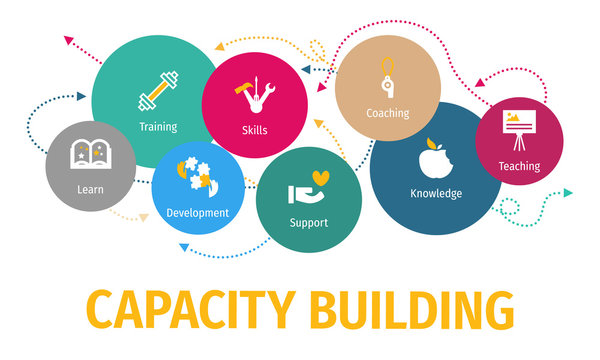
For the first time in their academic history 10 Iraqi universities, partners of the INsPIRE project, are now involved altogether in a structural Capacity Building action.
The INsPIRE project aims to support, through the cooperation of European institutions, the rebuilding, modernization, and internationalization of the governance system of higher education institutions (HEIs) in Iraq, with a specific focus on planning and programming systems. The first step of the project was therefore to conduct an up-to-date needs analysis of the Iraqi Higher Education system, which was the basis for the development of the subsequent training.
The Report on the State of the Art of the Higher Education system and its governance in Iraq was the result of the research. It presents the current state of the art of governance arrangements in the country and defines a number of training needs. Above all, the Report highlighted the importance of strenghtening the university leadership in their capacity in long-term and short-term planning which may generate a positive impact of the institutional performance and the HE sector.
Universities should be empowered to take responsibility for action and drive institutional modernization within the national legislation framework. Moreover, along with the developments promoted by the Ministry of Higher Education and Scientific Research in the country, the training focuses on the quality assurance mechanisms in place at the universities, widening staff skills along with the dissemination of a quality culture in the university, on accountability mechanism and on the social role of universities. Universities in Iraq have the potential of being the bridge between education and the job market, contributing to local developments. In particular, contamination between Higher Education Institutions, the private sector, companies and research centres has the potential to increase graduates’ employability and respond effectively to the socio-economic needs of the country.
Following the publication of the Report, and the identifications of the needs and priorities for the Iraqi Higher Education Institutions, a cycle of training webinars has been led.
Target groups of the training are the Universities’ Presidents and Vice-Presidents, rectorate members, academic leaders, academic and administrative staff involved in decision-making, staff involved in the Quality Office and more in general quality and evaluation activities at the university, middle management such as Deans and Department heads, Directors of university’s units. In addition, representatives of the MOHESR or other external stakeholders will be invited to attend sessions when appropriate and relevant.
The training is based on 4 main pillars, namely Strategic Planning and Leadership, Quality Assurance, Autonomy and Governance, Accountability and Evaluation results. Indeed, the capacity building action is meant to develop skills and capacities of the internal staff at the Iraqi Partner universities.
“Universities need autonomy to fulfill their challenges” Ana Costa Freitas, Rector of the University of Evora in Portugal
“Good governance structures, which involve appropriate stakeholders, can ensure that the university meets both its own strategic objectives, and national and regional strategic objectives.” Ruaidhri Neavyn, Special Adviser on Higher Education Policy Development with the Higher Education Authority (HEA) in Ireland.
“You have to have your strategic plan to have a sound quality assurance system, and the plan should be in compliance with the declared quality policy principles of the university.” Funda Şerifoğlu, Founder Rector of Düzce University, member of the Turkish Higher Education Quality and Accreditation Council.
“The term accountability is made of the words account and ability. The ability of pursuing a goal. We should be autonomous, in organizing our activity to pursue a certain objective. In that case, we can be accountable.“ Pasquale Ruggiero, Professor at the University of Siena in Italy.
Webinars were designed to present European visions and practices about the pillars’ topics, have been delivered in a synchronous, dynamic and interactive way. However, sessions were also recorded and made available to the Iraqi Partners for asynchronous learning and further consultation. High profile speaakers were invited to deliver lectures, including European Rectors, experts and project Partners. To see the resources and the recording of the training webinars organized from July to September 2021, you can access the project website here.
The upcoming activity of the INsPIRE project, to move on with the Capacity Building action, is the organization of practical workshops. Participants will be engaged in an intensive discussion or activity in a particular subject or topic, to develop practical skills and increase knowledge on how to manage one or another aspect of the university performance. After the workshops, university staff members will be expected to be fuly equipped with competences and capacity to develop institutional action plans and drive the change!
Stay tuned and follow the INsPIRE advancements!

